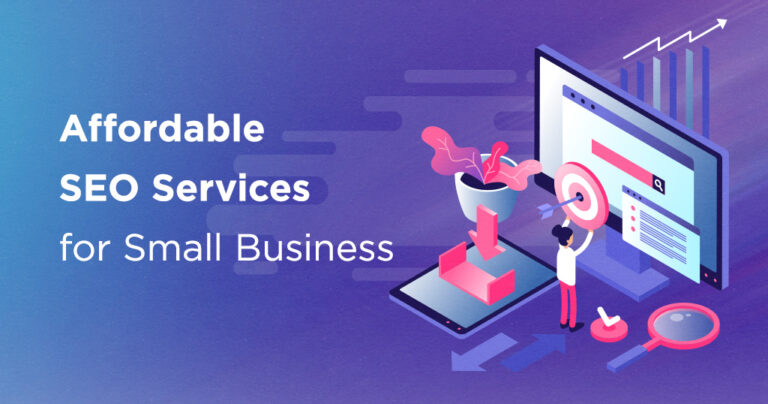Business Accounting Software for Freelancers: Simplify Finances and Maximize Profit
Freelancing gives you freedom, but it also makes you the CEO, accountant, and bookkeeper of your business. Without proper financial management, missed invoices, tax penalties, and cash flow issues can sneak up fast. That’s why choosing the right business accounting software for freelancers is more than a productivity hack it’s a foundation for growth and financial peace of mind. Whether you’re just starting out or managing multiple clients, the right tool helps you save time, track every dollar, and stay compliant with tax rules without needing a finance degree.
Why Freelancers Need Accounting Software Built for Them
Unlike traditional businesses, freelancers deal with variable income, inconsistent client payments, and project-based work. Manual spreadsheets or outdated tools make it easy to lose track of billable hours, overdue invoices, or business expenses. Modern accounting software simplifies it all in one place from tracking income and expenses to generating reports and estimating quarterly taxes. The best part? Many platforms are designed specifically with solopreneurs in mind streamlined, intuitive, and budget-friendly.
Features That Matter Most to Freelancers
Not all accounting software is created equal. Freelancers should look for core features like automated invoicing, expense categorization, mileage tracking, and real-time profit/loss reports. Integration with your bank account and payment processors like PayPal or Stripe is a must. For tax time, built-in tools for tracking deductions and generating tax summaries are game changers. Time tracking, recurring billing, and mobile access are also helpful for freelancers working on the go or juggling multiple clients and projects.
Top Accounting Tools That Freelancers Love
Several accounting platforms rise to the top for freelance professionals. QuickBooks Self-Employed offers mileage tracking, quarterly tax estimations, and easy Schedule C reports ideal for U.S.-based freelancers. FreshBooks is known for its user-friendly design and time-tracking features, making it perfect for service-based work. Wave Accounting is a powerful free option for freelancers just getting started, with features like invoicing, receipt scanning, and bank reconciliation. Each platform has its strengths choose the one that matches your workflow and stage of business.
How to Choose the Right Software for Your Freelance Business
Start by identifying your pain points. Do you struggle with invoicing, tax prep, or cash flow tracking? Choose a tool that addresses those needs first. Consider how easy the platform is to use because if it’s too complex, you won’t use it. Also, check pricing tiers and upgrade paths. What’s affordable now should still be flexible as your business grows. Finally, test-drive the platform. Most offer free trials or demos to help you evaluate fit and functionality before you commit.
Set It Up, Automate, and Focus on What You Do Best
Once you’ve selected your accounting software, take time to set it up properly. Link your bank account, import past transactions, and configure your invoice settings. Automate recurring payments or tax reminders where possible. The goal is to build a system that runs in the background giving you more time to focus on your clients and craft. With the right setup, accounting becomes less of a chore and more of a strategic advantage in your freelance business.
FAQs About Business Accounting Software for Freelancers
Is accounting software worth it for solo freelancers?
Yes. Even as a one-person business, software helps you stay organized, get paid faster, and prepare for taxes without stress.
What’s the best free accounting software for freelancers?
Wave offers a robust free version with invoicing, payments, and reports perfect for new or budget-conscious freelancers.
Can I use this software to file taxes?
Some platforms offer tax estimation tools or integrate with tax-filing services, but you may still need a CPA for final filing.
How secure is my financial data in these platforms?
Top tools use bank-level encryption and secure cloud storage to protect your data. Always enable two-factor authentication for extra safety.
Do I need to track every expense?
Absolutely. Small expenses add up and tracking them properly can significantly reduce your taxable income through deductions.
